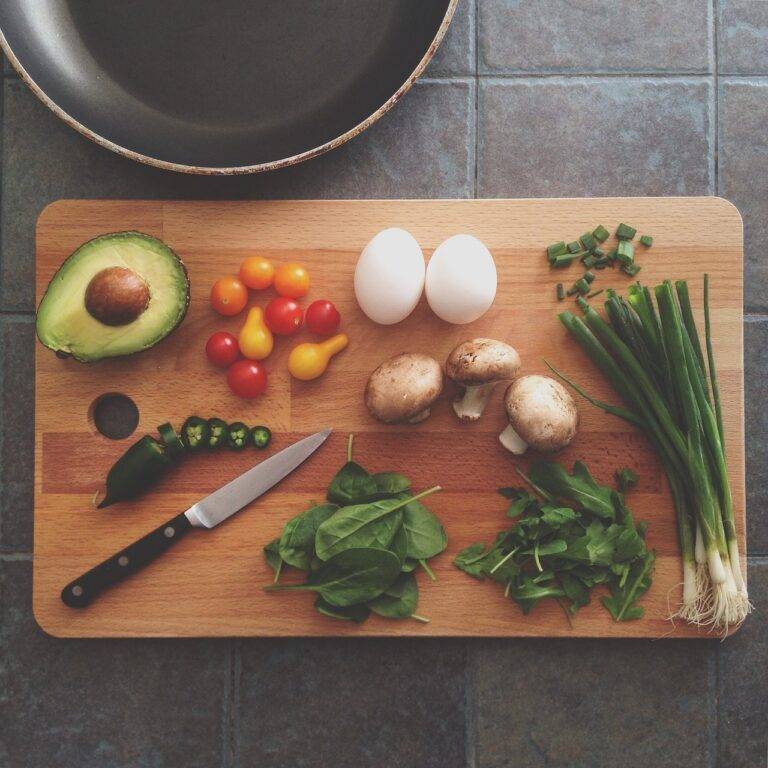The Future of Food Packaging: Edible Films and Bio-Based Materials
Edible films offer a sustainable solution to the environmental challenges posed by traditional packaging materials. These thin, flexible layers made from natural ingredients can be used to wrap food products, providing protection while also being edible and biodegradable. By replacing non-biodegradable packaging materials with edible films, food waste and environmental pollution can be significantly reduced.
The versatility of edible films allows for customization based on specific food products and preservation needs. These films can be tailored to provide barriers against moisture, oxygen, and microbial growth, extending the shelf life of perishable foods. Additionally, the edible nature of these films eliminates the need for separate packaging disposal, offering a convenient and eco-friendly solution for both consumers and producers.
Edible films are thin, flexible layers made from natural ingredients
They provide protection for food products while being edible and biodegradable
By replacing non-biodegradable packaging materials, edible films can reduce food waste and environmental pollution
The customization options for edible films make them ideal for various types of food products. These films can be designed to create barriers against moisture, oxygen, and microbial growth, which helps extend the shelf life of perishable foods. Furthermore, the fact that these films are edible means that there is no separate packaging disposal needed, making it a convenient and environmentally friendly option for both consumers and producers.
Benefits of Using Bio-Based Materials in Food Packaging
Bio-based materials in food packaging offer numerous advantages over traditional petroleum-based options. These materials are renewable, biodegradable, and pose reduced environmental harm when disposed of. By utilizing resources like corn, sugarcane, and cellulose, packaging manufacturers can create sustainable solutions that help reduce the carbon footprint of the food industry.
Moreover, bio-based materials have the potential to enhance food safety by reducing the risk of chemical migration from packaging to food products. This is particularly important for perishable items that require careful handling to maintain freshness and quality. With the increasing consumer demand for eco-friendly products, the adoption of bio-based materials in food packaging aligns well with the sustainability goals of both businesses and individuals.
Innovations in Edible Films for Food Preservation
Edible films are rapidly gaining popularity in the food industry as a sustainable solution for food preservation. Innovations in this field have brought about advancements in extending the shelf life of various food products. These edible films, typically made from natural ingredients such as proteins, lipids, and carbohydrates, offer a protective barrier against external factors like oxygen, moisture, and microbial contamination.
One of the key innovations in edible films for food preservation is the incorporation of active compounds with antimicrobial properties. By integrating natural antimicrobials like plant extracts or essential oils into the film matrix, the films not only provide a physical barrier but also actively inhibit the growth of spoilage and pathogenic microorganisms on the food surface. This dual functionality enhances the overall quality and safety of the food product, making it an attractive option for consumers seeking natural and sustainable packaging solutions.
What are edible films made of?
Edible films are typically made from bio-based materials such as proteins, lipids, and polysaccharides.
How do edible films help in food preservation?
Edible films act as a barrier against oxygen, moisture, and other external factors, helping to prolong the shelf life of food products.
Are edible films a sustainable alternative to traditional packaging?
Yes, edible films are considered a sustainable alternative to traditional packaging as they are biodegradable and can help reduce the amount of plastic waste generated.
What are some of the benefits of using bio-based materials in food packaging?
Bio-based materials are renewable, biodegradable, and can help reduce the carbon footprint associated with food packaging production.
What are some of the latest innovations in edible films for food preservation?
Some of the latest innovations in edible films include the use of active ingredients such as antimicrobials and antioxidants to further enhance the preservation properties of the films.





